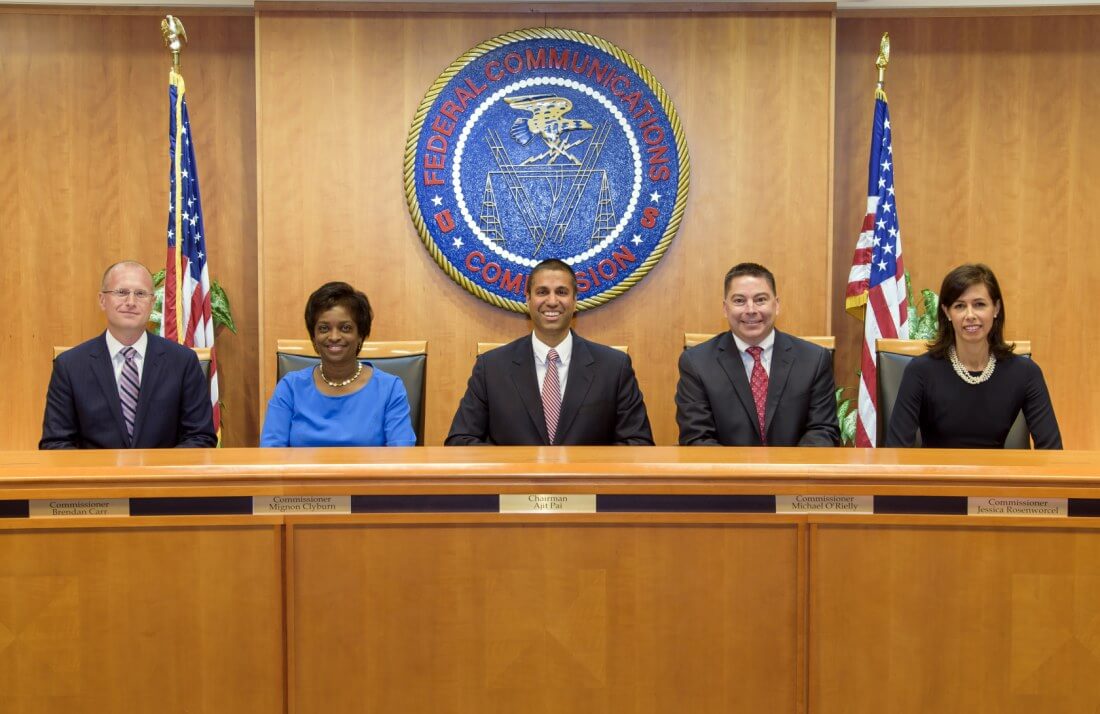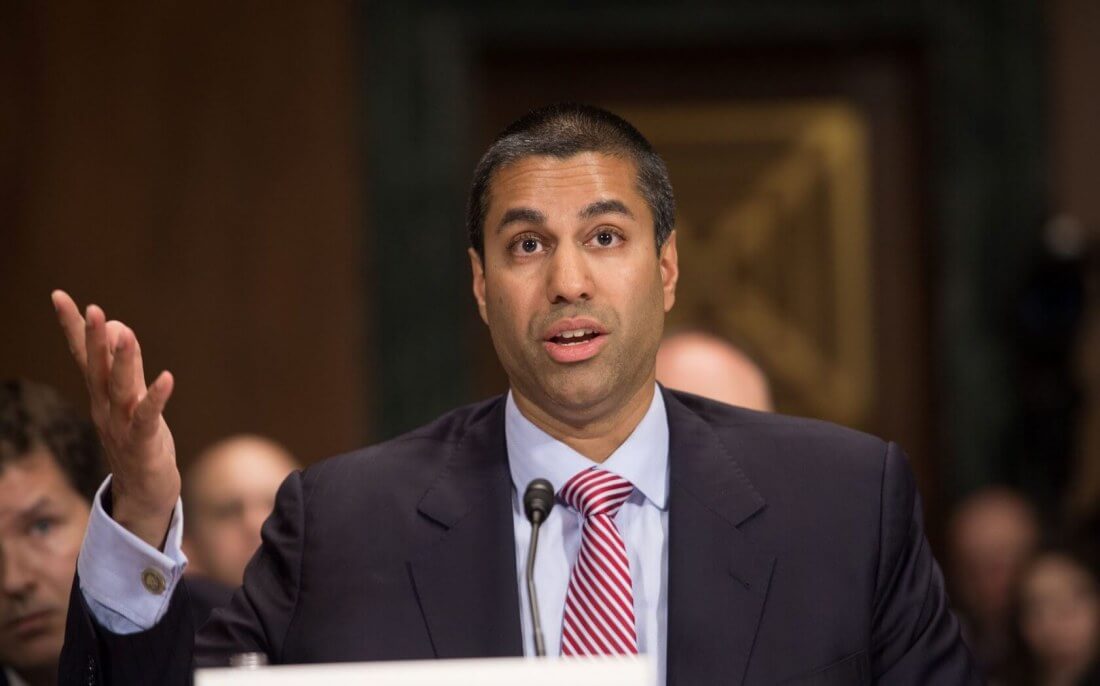In brief: Prior to the FCC's December 14 vote to kill net neutrality, the organization claimed its public comment system suffered a 'DDoS' cyberattack, which allegedly took the system down for a couple of days. Skeptics who didn't buy that story have been vindicated now, however, as Chairman Ajit Pai has released a statement admitting that the claims were false.
If you weren't keeping up to date on tech news last year, you might not be aware that the FCC voted 3-2 to kill net neutrality on December 14. Net neutrality was a set of protections that prevented ISPs from throttling or blocking internet traffic to specific websites - the rules required companies to treat all data equally.
Of course, this vote didn't out of the blue. Months before the event, FCC Chairman Ajit Pai formulated an official proposal that would roll back the Obama-era neutrality rules. This gave the public plenty of time to leave feedback on the matter via the FCC's comment system.
However, in May, the FCC claimed that system suffered a Direct Denial of Service (DDoS) attack, which prevented citizens from leaving comments for a couple of days.
Many were skeptical of the FCC's claims, and it seems that skepticism has proved warranted now. FCC Chairman Ajit Pai yesterday released a statement confirming that the FCC's comment system did not suffer a DDoS attack of any kind.

With that said, Pai claims the misinformation spread last year by the FCC was not his fault, but that of the FCC's former Chief Information Officer. This information came to light after the US Inspector General's office performed a full investigation into the matter.
"I am deeply disappointed that the FCC's former Chief Information Officer (CIO), who was hired by the prior Administration and is no longer with the Commission, provided inaccurate information about this incident to me, my office, Congress, and the American people. This is completely unacceptable," Pai's statement reads.
Pai goes on to say that some employees working under said CIO "disagreed" with the information he presented to the FCC but didn't "feel comfortable" communicating their concerns with leadership.
Chairman Pai hopes to improve the internal culture at the FCC so that everyone feels free to speak their mind moving forward.
Whether you believe Pai's claims or not is up to you, but it's certainly nice to see a bit more transparency from the regulatory agency.
